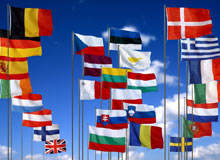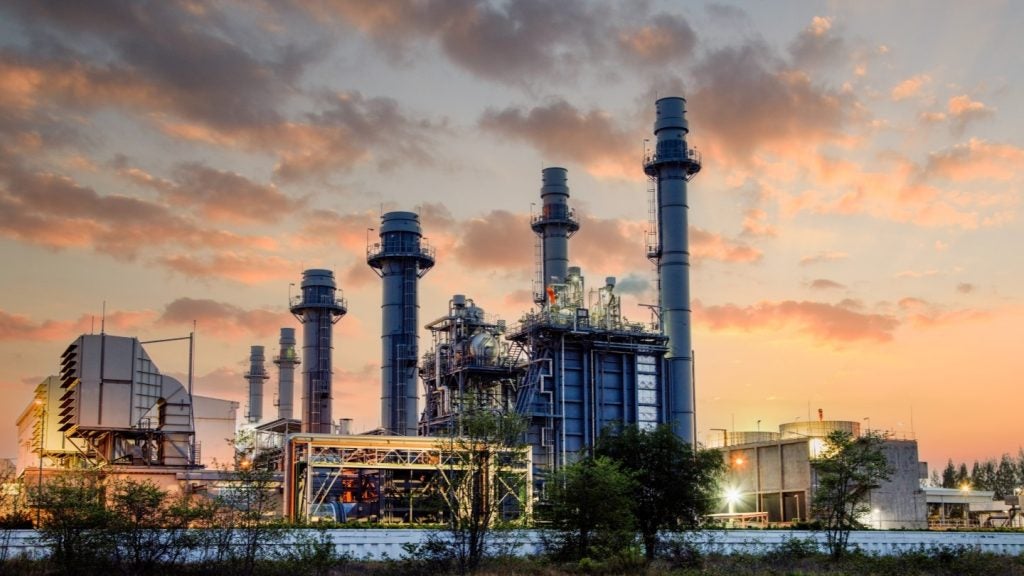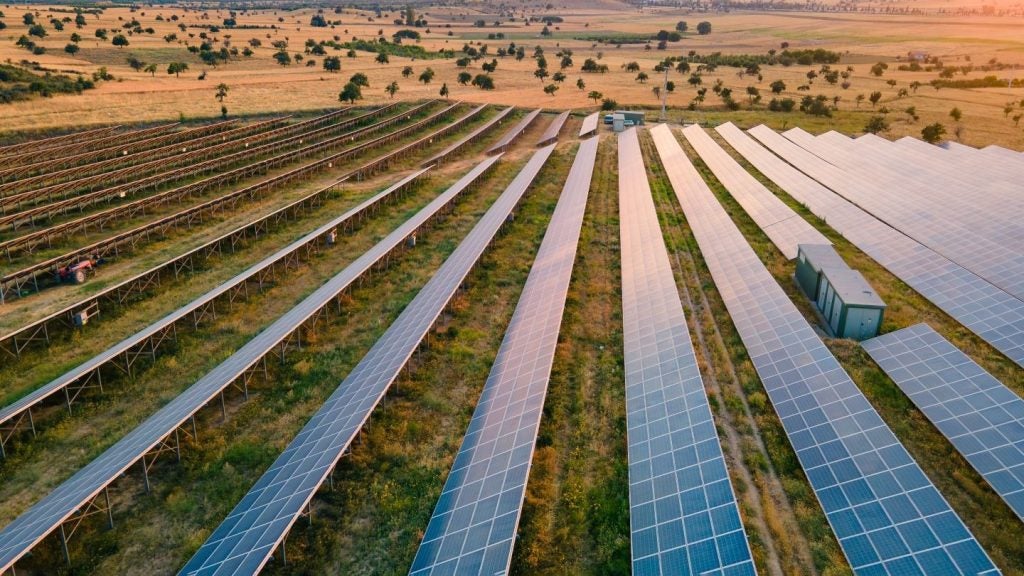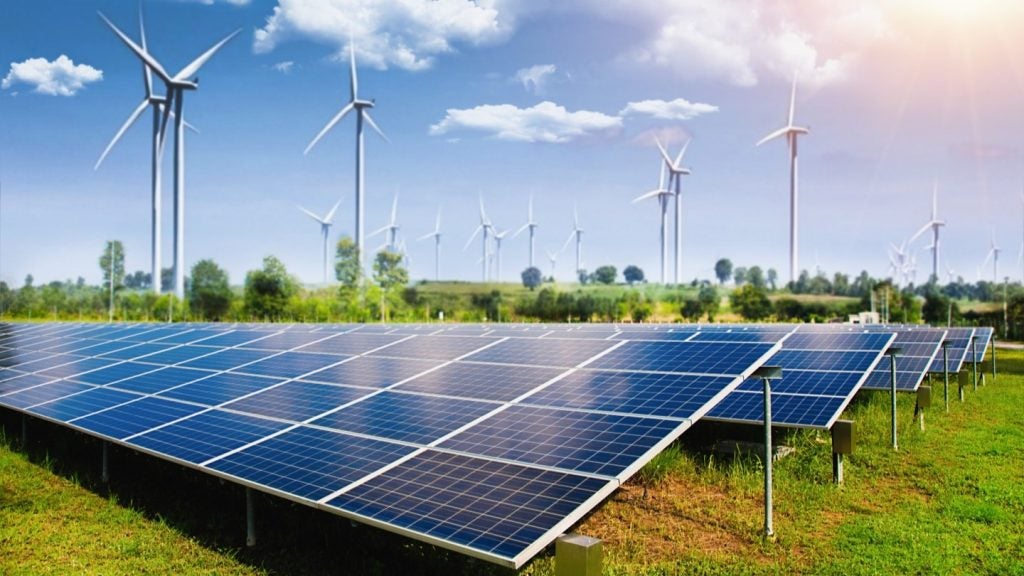
The EU’s heavy dependence on imports to fulfil its energy needs is a threat to the stability of its energy sector in the long term. To deal with this challenge, a common energy policy was proposed in 2007. However, the level of implementation of the directives of this policy in the EU member states has been low.
The need for a strong common energy policy was highlighted by the gas crisis of January 2009, which once again exposed the dependence of the EU’s energy sector on Russian gas. A common energy policy among the EU member states will provide various synergies to achieve long-term energy security for the region.
The EU – an energy landscape
The EU depends on imports for nearly 50% of its energy needs and by 2030 this figure will rise to 70%. Crude oil imports will increase by 23.7% and natural gas imports will increase by 68% in 2005. In the long term, the entire EU will face the problem of increasing dependence on foreign energy resources.
In the view of GlobalData, the EU can only effectively deal with this common challenge if it has a strong, consolidated common European Policy in place.
See Also:
Heavy dependence of the EU on imported energy resources poses future risk given that the EU lacks diversified sources of energy imports. For natural gas, the EU largely depends on Russia and most of its crude oil is imported from the Middle East. This makes oil and gas supplies to the EU vulnerable to any changes or disturbances happening in these countries.
How well do you really know your competitors?
Access the most comprehensive Company Profiles on the market, powered by GlobalData. Save hours of research. Gain competitive edge.

Thank you!
Your download email will arrive shortly
Not ready to buy yet? Download a free sample
We are confident about the unique quality of our Company Profiles. However, we want you to make the most beneficial decision for your business, so we offer a free sample that you can download by submitting the below form
By GlobalDataThe unstable geo-political environment in the Middle East potentially risks steady supplies of oil from the region, jeopardising Europe’s overall energy sector.
Russia, on the other hand, has always tried to maintain a monopoly over Europe’s natural gas market – its strategy has always revolved round making Europe more dependent on Russian gas.
These issues pose a big challenge for the EU to secure its long-term energy needs (energy security being a common problem for all the EU member countries). Adhering to the resolutions of the common energy policy of 2007 will help in resolving this issue by providing higher negotiating ability based on collective effort.
The EU’s 2007 energy policy explained
To deal with issues such as the security of energy supply, import dependence, sustainability and greenhouse gas emissions, the European Commission came out with a common energy policy for all the member states in 2007. The policy is characterised by a unique method in which ambitious targets are laid down and individual member countries are urged to achieve them. For example, ownership unbundling of gas and electricity supply and distribution, and the achievement of three 20% targets by 2020 with regard to energy and environmental issues.
However, the level of implementation and compliance by EU member countries to policy directives such as gas and electricity liberalisation, renewable energy and energy-efficiency has been quite low.
For some energy policy directives, when the actual situations have deviated from past targets these have simply been switched to other long-term targets. Without high involvement of the EU member countries in implementing and abiding by the general policy directives, the European common energy policy remains reduced to being merely a formal procedure for political decisions.
Why 2007’s policy failed
In our view, the European common energy policy has not succeeded in opening up the natural gas and electricity markets in Europe nor has it been able to come up with a comprehensive external energy policy to secure Europe’s future energy needs. The reasons are manifold.
One of the major challenges for a strong common European energy policy is the reluctance of member countries to transfer part of their control over their energy security management to supranational EU institutions. This unwillingness is more persistent in case of liberalisation of domestic energy markets.
Dependence on imported energy varies among the EU member countries. For example, for natural gas, Spain, Portugal and Cyprus do not source gas from Russia. Finland’s complete gas imports comes from Russia but because of a lack of diversity in its energy mix, it depends less on Russian gas imports than Slovakia or Latvia, where Russian gas forms 30% of their national energy mix. Germany depends heavily on imported gas with almost 40% of its gas coming from Russia. Differences in dependencies on imported energy among the EU member states has led to reduced levels of urgency to arrive at a common energy policy.
The mutual mistrust among the EU members is also a major problem in implementing a common energy policy. Member states do not share information with each other about the price their energy companies pay for Russian gas. The executive European Commission and the EU Council secretariat have been struggling to collect such data since 2006. Germany also opposes any emergency EU pooling arrangement for gas stocks, arguing that this is a commercial aspect to be decided by utility companies.
The need for a strong common energy policy for the EU has been spurred on by the 2009 European gas crises. The crisis resulted when Russia cut off natural gas supplies to Europe via Ukrainian pipelines because of an ongoing dispute between the Ukraine and Russia over gas prices. The Ukrainian-Russian stand-off caused a two-week interruption of gas supplies to Europe, affecting countries such as Greece, Bulgaria and Slovakia.
A similar situation happened in 2006 when, due to Russia-Ukraine disputes, Europe faced similar supply disruption. However, at that time, gas supply volumes were reduced and gas taps were not fully turned off as in January 2009. The latest gas dispute has shown that the EU is not suitably prepared to deal with short-term disruptions of deliveries of a critical energy source.
The latest gas crisis has brought the need to have a common platform to secure Europe’s energy and it has become imperative for the EU to come up with a concrete energy policy in the near future.
The EU needs to stand together to reduce its dependency on Russia, which is trying to create a monopoly in Europe. Russia has been trying to control Europe’s gas supplies by making efforts to acquire gas assets in Central Asia and form a supplier cartel with leading gas rich countries such as Qatar and Iran. Russia has also made bilateral supply and pipeline agreements with a few EU countries to thwart any attempt by EU member states to come together for a common energy policy. The EU is the biggest market for Russian gas. An integrated energy policy among all EU member states will provide the EU with greater negotiating powers against Russia.
The report is available to purchase via GlobalData’s Report Store (http://www.global-market-research-data.com/)







